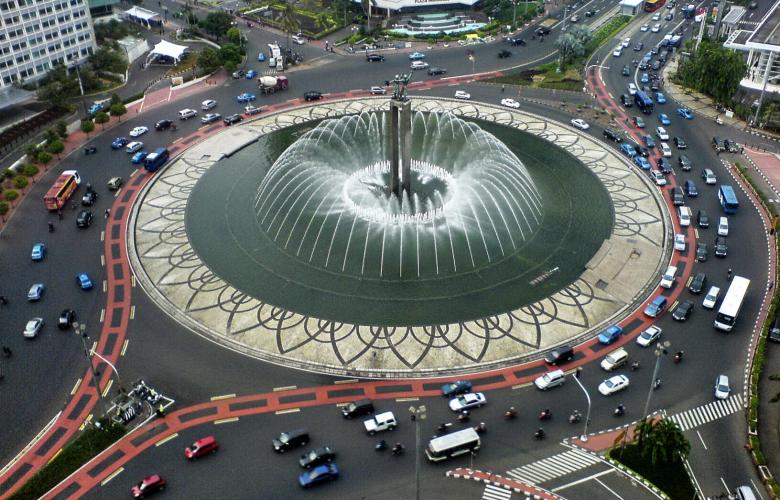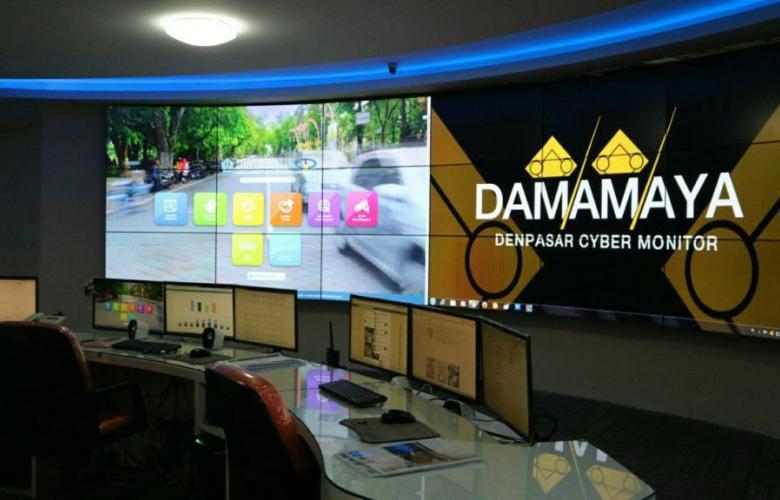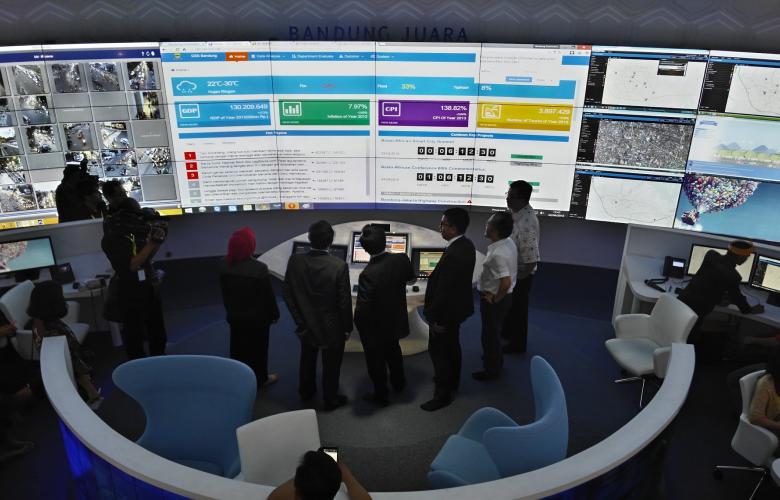Nearly 70 percent of Indonesia’s population is expected to live in cities by 2025, as the nation transforms from a rural to urban economy. This progress has potential for further traffic congestion, pollution and infrastructure implications.
The smart city concept, which highlights a city’s urban development, creates solutions for potential issues by integrating information and communication technology and the Internet of Things (IoT) to manage public assets and resources, including traffic and transportation systems, waste management and law enforcement.
At a glance:
- 70 percent of Indonesia’s population is expected to live in cities by 2025
- This has implications for the cities’ infrastructure
- Smart city concept is being developed and implemented across Indonesia
- Technology and sustainability will be some of the leading factors of the smart city development
- Foreign companies from Sweden and France are helping fund and implement new sustainable processes
Jakarta’s Smart City program was launched in 2014, and seeks to initiate and implement smart city initiatives, including people, mobility, living standards, economics, the environment and government. These initiatives have led to the city becoming the provincial government’s hub for the latest technology. This includes public transportation app Trafi and the communication app Qlue, that gives residents a platform to voice their concerns.
Denpasar in Bali is going digital by implementing the "Damayana Denpasar Cyber Monitor", where various Smart City applications are centralized in one location. These include the 112 disaster and emergency number, Flood Monitoring, ATCS, Online Fraud, Geographic Information Systems, a fleet tracking system, a fishing tracking system, market price information, public safety (E-Sidap), integrated administration information system (Dirgens), and social media. Apps are being developed so that data and information can easily be shared to the island's population.
Bandung in West Java implemented the Command Center, which incorporates a smart surveillance and a monitoring system, as well as controls smart lighting. This technology is being used across other Indonesian cities including Jakarta.
Surabaya in East Java has implemented an e-government online-based system that allows financial matters to be managed.
Makassar in South Sulawesi’s city administration gives residents smart cards to be used for cashless financial transactions, and monitors roads with a traffic surveillance system.
Medan in North Sumatra is looking at options for a smart transportation system.
With regional governments using their budgets on salaries, Public Works and Public Housing, “Alternative sources of funding are crucial to support the development of infrastructure in this country,” Public Works and Public Housing Minister Basuki Hadimuljono said.
Last June, the World Bank and the Swiss government established the $13.4-million Indonesia Sustainable Urbanization Multi-Donor Trust Fund to help ensure the urbanization process is economically, socially and environmentally sustainable.
The number of smartphone users in Indonesia is expected to grow from 55.4 million in 2015 to 92 million by 2019, according to market research company eMarketer. But “not all smart city initiatives have to be about technology,” said Malcolm Foo, a global adviser at PricewaterhouseCoopers Consulting Indonesia. For example, for cities to become more environmentally sustainable, they should look to restrict plastic bags, and start using reusable bags.
In February, the French representatives involved in sustainable urban development visited Jakarta, Bandung, Surabaya and Palembang, South Sumatra, and suggested ways for Indonesian cities to transform to meet the needs and demands of their citizens.
“They [French companies] need a strong partner in which they can rely on in terms of developing, maintaining, training, educating and understanding the market. A French company will bring the technology and there is a local partner who is going to tell us how the technology needs to be implemented,” said Rachid Boulaouine, a trade counselor at Business France.
“There’s a very strong interest from the European Union and Swedish companies to invest in Indonesia,” said Anders Wickberg, Business Sweden trade commissioner to Indonesia.
Business Sweden is set to take Swedish companies on a roadshow to Jakarta, Bandung and Makassar in November, to showcase Swedish solutions for smart cities, technologies and urban transportation.
Security video surveillance experts from Sweden-based Axis Communications have implemented their video analytics solution to monitor Jakarta’s highways and airports, as well as supporting various local governments’ smart city projects, such as West Papua.
Source: Jakarta Globe
This article was previously published on Gapura Bali
Similar to this:
Bali attracts more than 50% of transactions at ITB Asia
World Bank rewards Jokowi's economic reforms as EODB ranking improves











